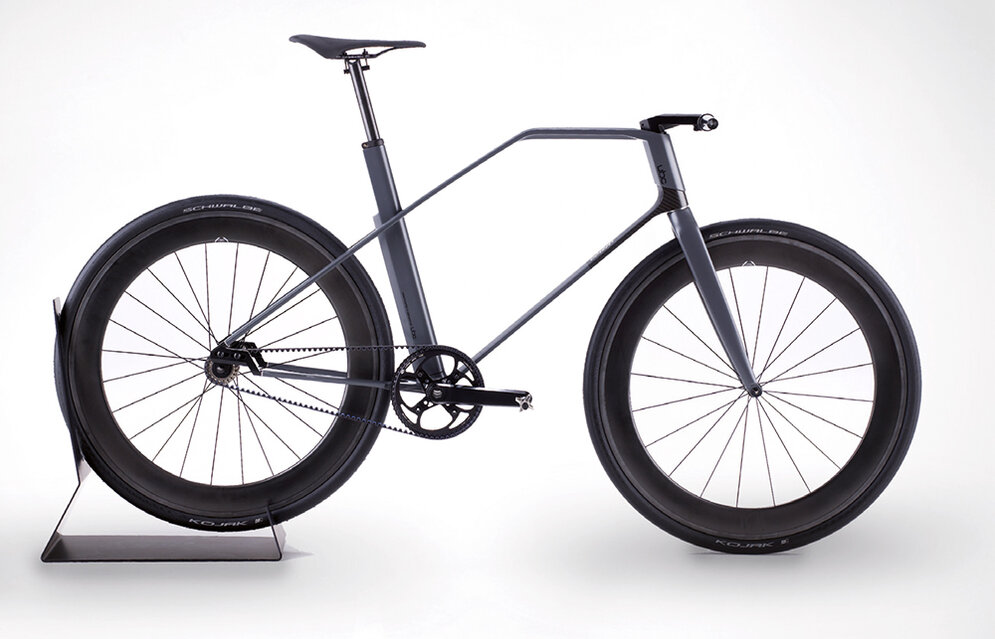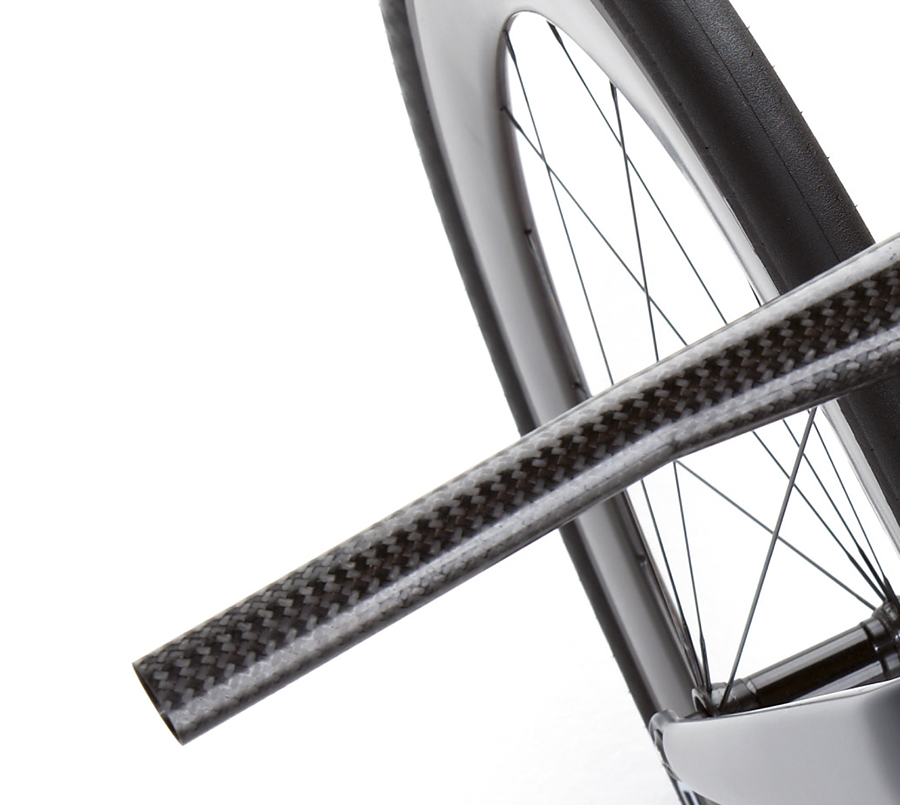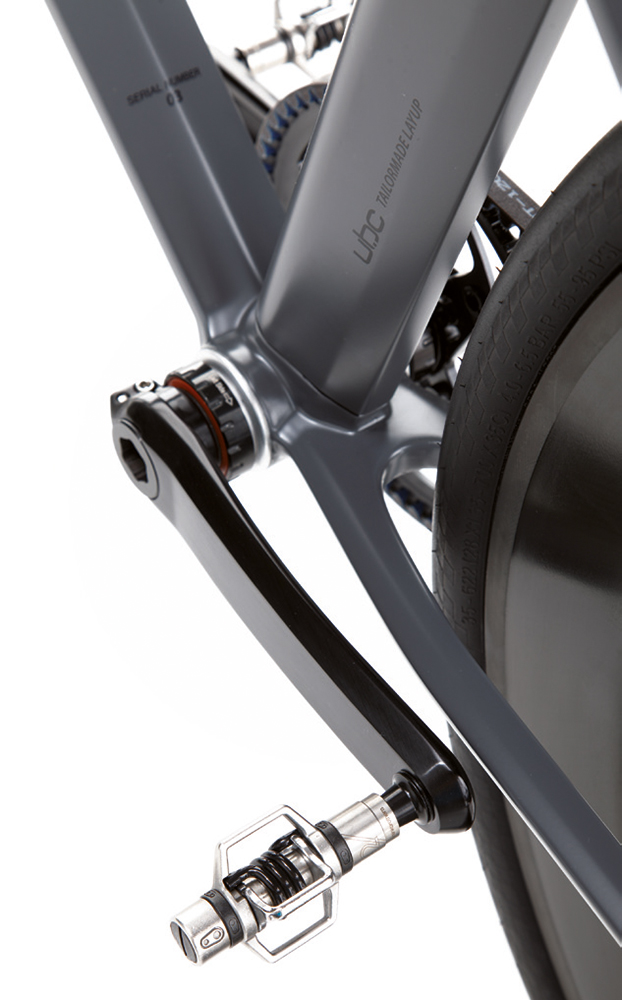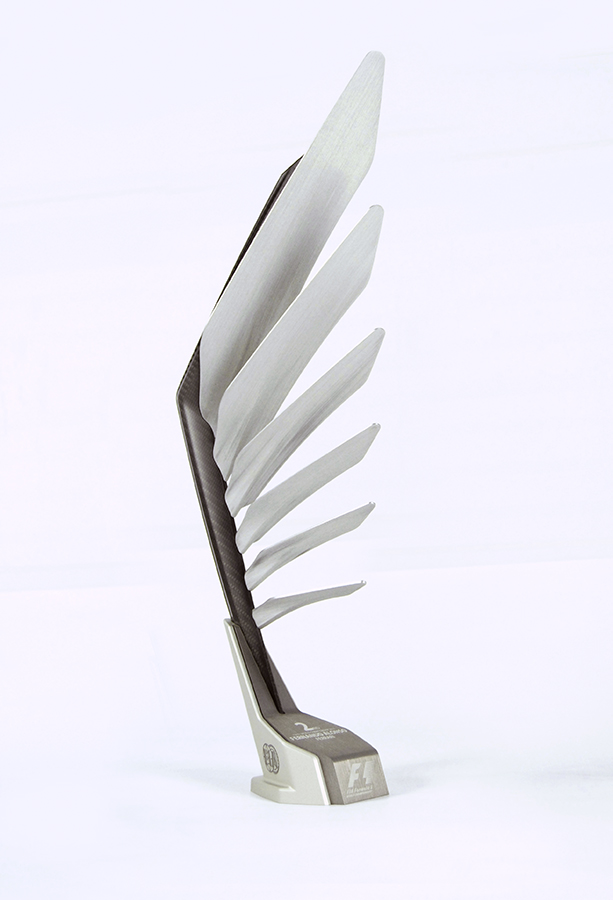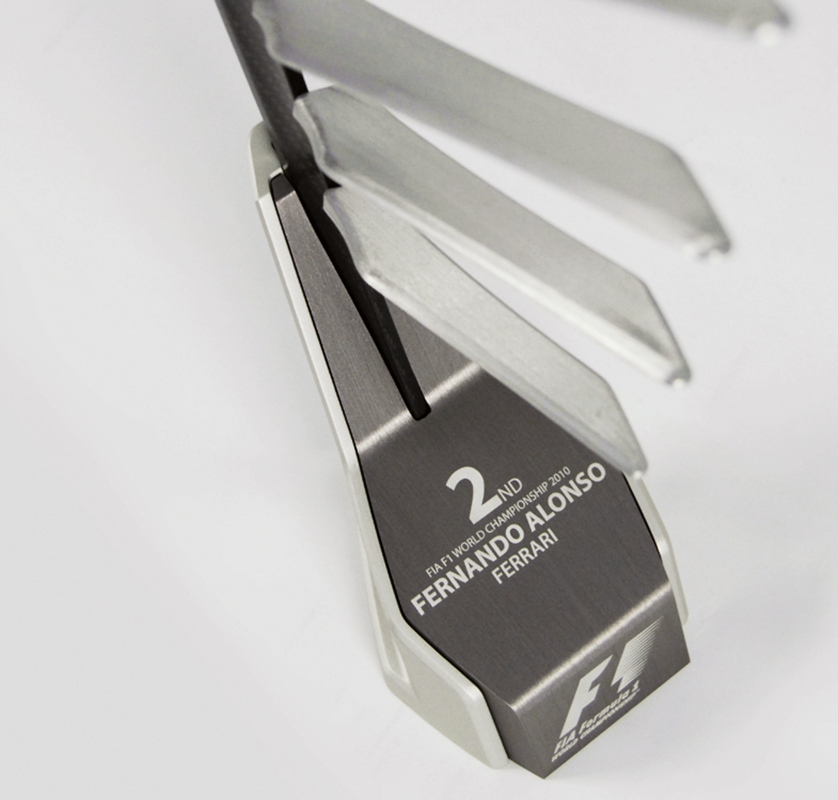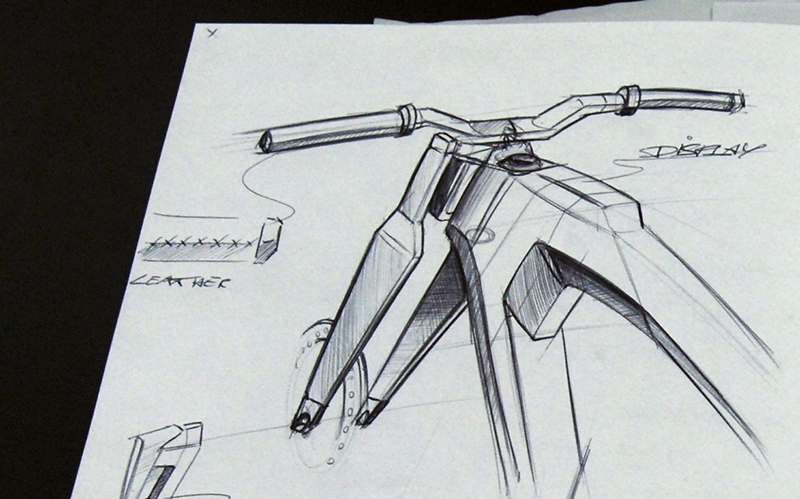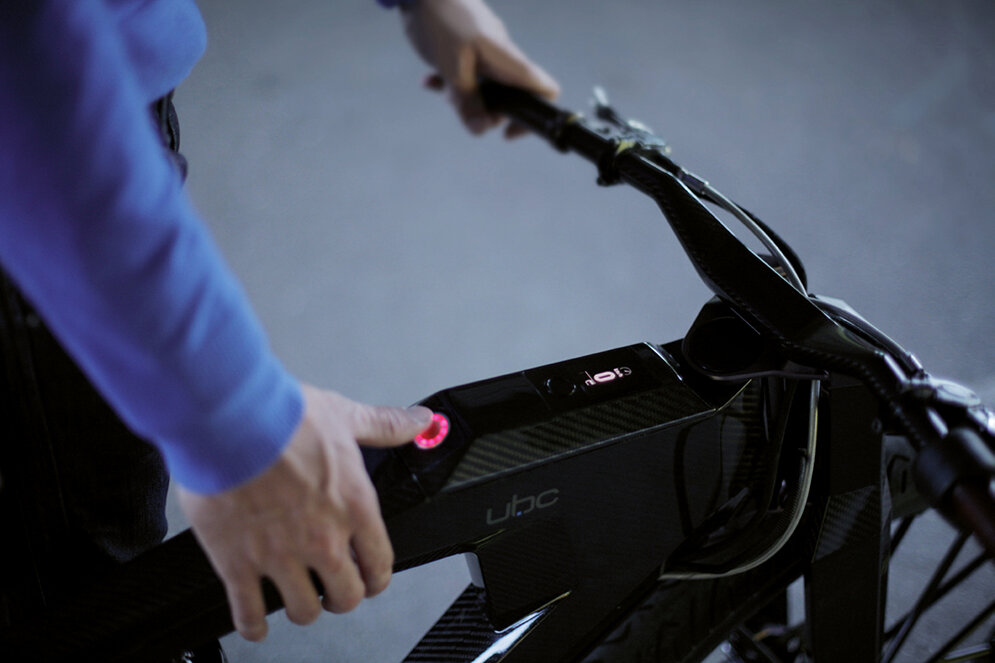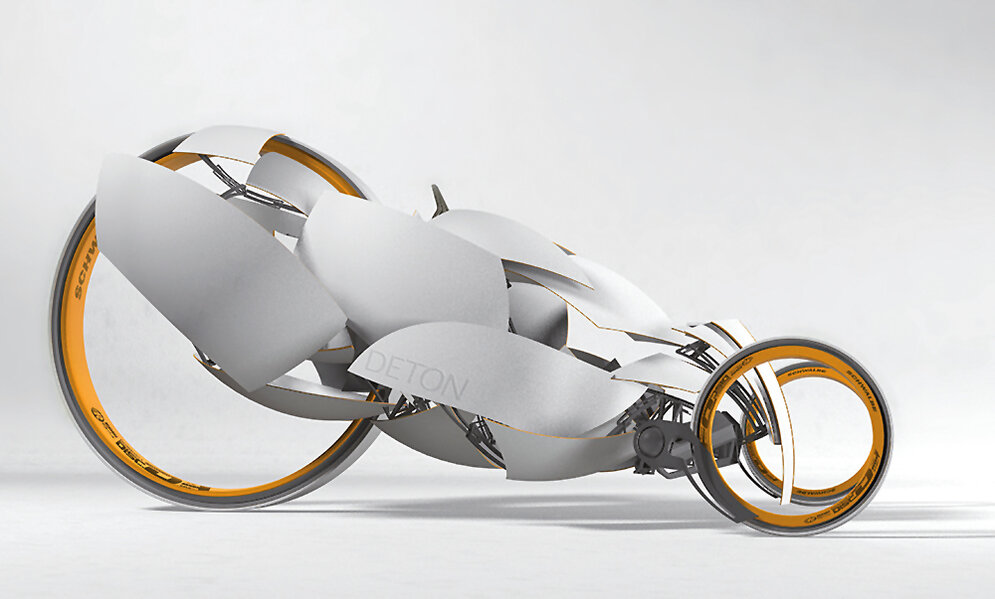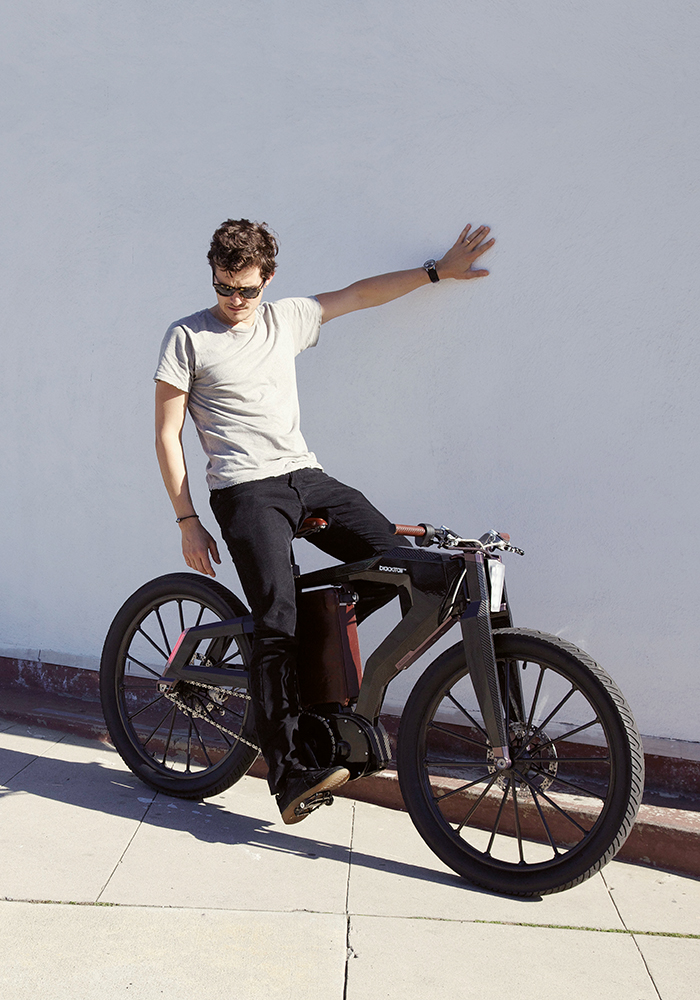Christian Zanzotti
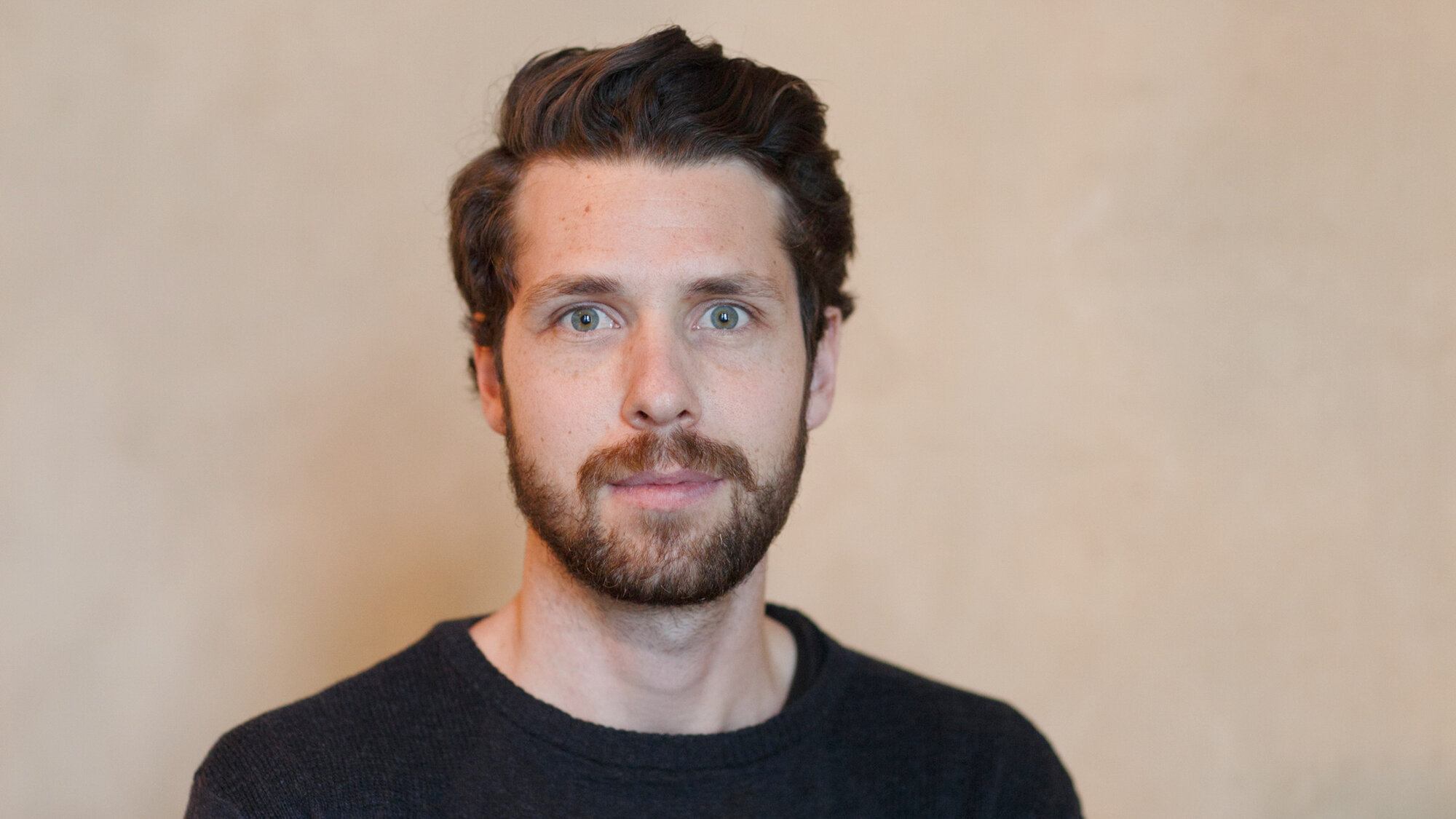
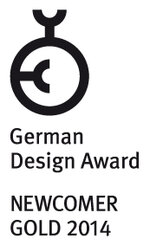
Christian Zanzotti was born in Italy in 1985. After withdrawing from his initial course of study, Civil engineering at the Innsbruck University of Technology, he completed a degree in Industrial design at the Munich University of Applied Sciences. Alongside several internships and jobs in well-known agencies like Hannes Wettstein in Zurich and IDEO in Munich, he started working on concept vehicles and developments in lightweight construction. In close cooperation with a development firm in Stuttgart, he worked on various projects, including several prototypes of electric vehicles and bicycles made of carbon. Since January 2013 Zanzotti has been running his own studio in Munich, where he takes on projects in the spheres of product, furniture and vehicle design.
Interview with Christian Zanzotti
The client behind Coren, a carbon frame bicycle for city use, approached you with an innovative material. Given the material, did you have free rein when it came to working on your designs?
In a novel project the company wanted to demonstrate the possibilities carbon offers, its qualities, and not least of all its own expertise and technical progress in the field of lightweight construction. Working extremely closely with its engineers and material experts, the carbon fibre was pushed to the limits, which resulted in almost unimaginably thin tube cross-sections. This way, bearing geometry, ergonomics and the prescribed components in mind, a sporty, filigree-looking bicycle design emerged.
What standing does “materiality” have for you?
For me the material plays a pivotal role in the development and design. Not only does it define the framework conditions for the design, it ultimately gives the product its character. Choosing the right materials can influence user behaviour and underscore how the product functions.
In one of your projects you address a highly technical material, while in another you work for a cheese maker in Northern Italy, designing a corporate identity for this traditional craft. What is the significance for you of switching between tradition and modernity?
It is precisely this contrast that gives me the far-sightedness I need for my work. In the project for the cheese maker a return to old values and innovative manufacturing methods increase the quality of the product to the benefit of the animals and the environment. My task is to communicate these ideals in an honest, authentic way by means of an appropriate design. It’s a principle I also resort to when developing highly technical products.

